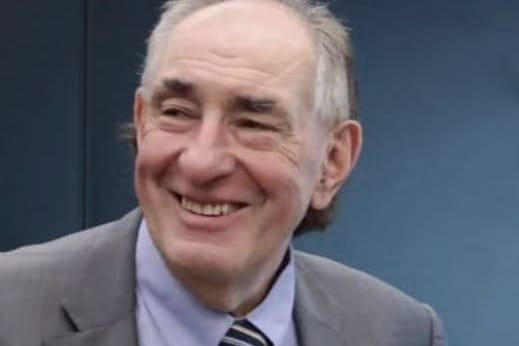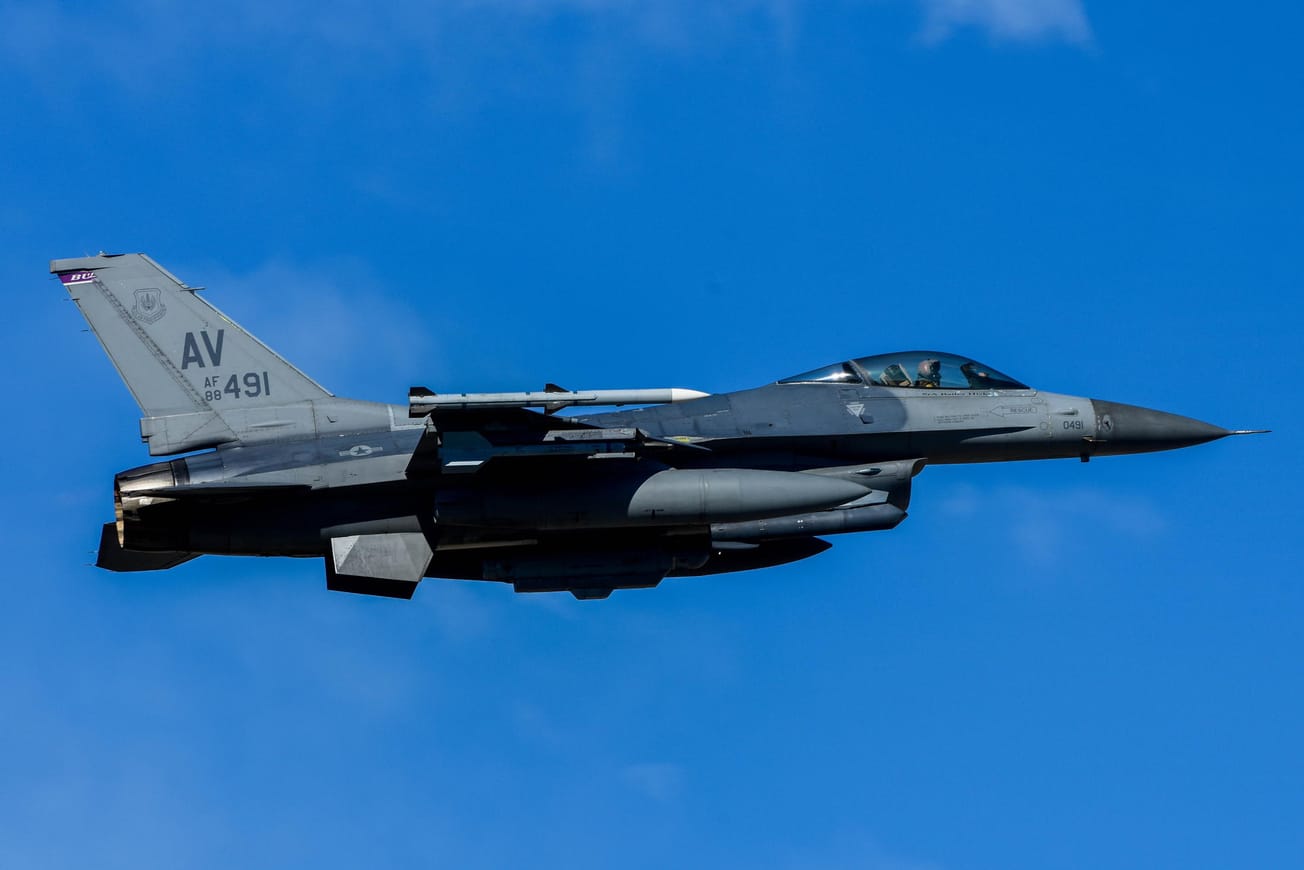Elections in the “mineral rich” Democratic Republic of Congo will take place on Tuesday, Dec. 20. Twenty-two candidates are running for President, “while some 25,000 candidates are vying for parliamentary seats,” according to The East African. “International observers” have already voiced concerns about election “irregularities,” especially since the D.R.C. has rejected calls from the EU, and even the East African Community (D.R.C. is the newest member) to have monitors present.
The leading six presidential contenders can all generally be said to be “front men” for some Western interest, be it oil, mining, or banking. Opposing President Felix Tshisekedi are: Moise Katumbi, a mine owner and former governor in the southeastern Katanga province; Martin Fayulu, a former ExxonMobil executive who considers himself the rightful winner of the 2018 election; Augustin Matata Ponyo and Adolphe Muzito, two stalwarts of the former Kabila administration (Ponyo is now standing trial for embezzlement); and Denis Mukwege, a gynecologist (and darling of the NGOs) who won the 2018 Nobel Peace Prize. A sixth “front runner,” Delly Sesanga, pulled out of the campaign and threw his support behind Katumbi on Dec 4.
For the first year of his Presidency, Felix Tshisekedi had to fight to rid the cabinet, and following that the Parliament, of entrenched forces allied to former President Joseph Kabila, who had held the office for 16 years, until losing in the 2018 election. Kabila succeeded his father, who had been assassinated in 2001 after not even 4 years in office. Before that, Mobutu Sesse Seko had reigned as President (of then “Zaire") for 26 years, since 1971.
Following that victory for internal control, Tshisekedi was beset by forces from outside the country, including Tony Blair and his cohorts. While Blair was successful in convincing Tshisekedi to re-examine and even rewrite contracts with international mining companies—having argued that they contained “corrupt” clauses from the Kabila era—he was ultimately unsuccessful at his unspoken ulterior motive, of evicting Chinese forces from control of the vast mineral reserve in the southeastern region.
The other “mineral rich” area of the D.R.C. is the northeastern region, bordering Uganda, Rwanda, and Burundi, some 3,000 km, over poorly-paved roads, from the capital of Kinshasa. This is an area in which “permanent war” violence has ebbed and flowed for almost 30 years, since the Rwandan Hutus fled the 1994 terror by crossing into the D.R.C. In 2022, the M23, a terror group allied with Rwanda, suddenly resurfaced after 10 years of inactivity, increasing the political tension between the two nations during the last year.
On Dec. 8, the U.S. State Department announced that it had brokered a two-week ceasefire between the warring factions, extending past the elections and Christmas.





